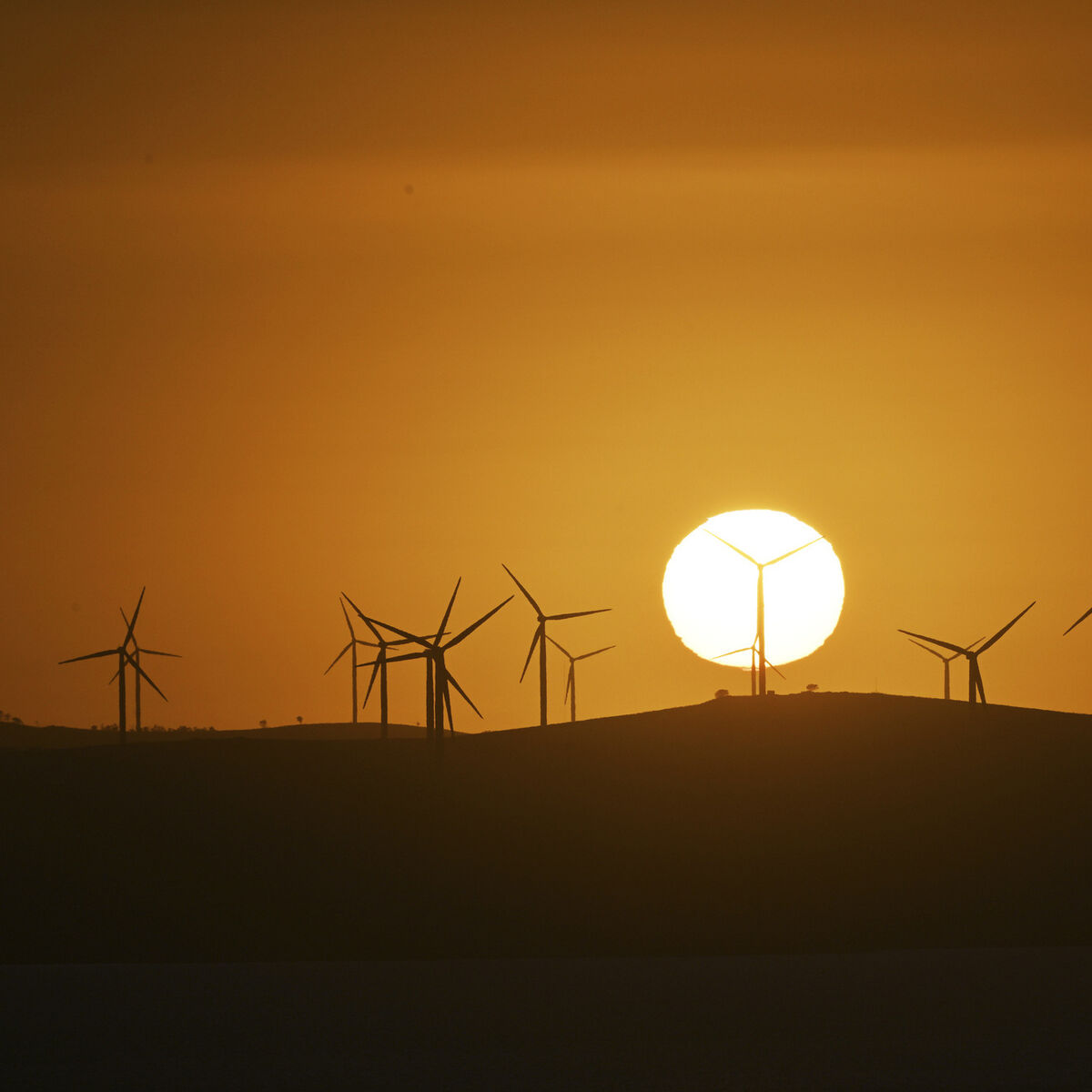World Bank report never claimed COVID-19 and Russia-Ukraine War did not affect Ghana’s economy
By Ghana News
Copyright ghanamma

The Africa Policy Lens (APL) has taken notice of a news report suggesting that a recent World Bank publication dismissed the Akufo-Addo government’s explanation for Ghana’s 2022 economic crisis, which cited the twin global shocks of the COVID-19 pandemic and the Russia-Ukraine war.
This interpretation, however, misrepresents the World Bank’s position.
In its 2025 Policy Notes on “Transforming Ghana in a Generation”, the World Bank stated: “The deterioration of global conditions due to the COVID-19 pandemic and the Russian Federation’s invasion of Ukraine was not the cause of the 2022 macroeconomic crisis; rather, it merely exposed an economy already beset with deep structural vulnerabilities and precarious macroeconomic conditions.”
This observation is not new; it reflects a consistent position in the World Bank’s reports on Ghana’s macroeconomic history — that Ghana’s structural weaknesses predated the global crises and were only exacerbated by them.
For instance, in its June 2022 Country Report titled Ghana Economic Update: Preserving the Future – Rising to the Youth Employment Challenge, the World Bank thoroughly detailed the global economic context, recent developments, and economic outlook, highlighting how the pandemic and the war affected Ghana:
“Ghana finds itself in a more difficult macroeconomic and fiscal situation than most peers.
Preexisting fiscal vulnerabilities, notably the low level of domestic revenue mobilization, caused Ghana to experience the full impact of the COVID-19 crisis: its fiscal deficit and public debt stock became some of the most elevated in the region in 2021.
As Ghana was hit particularly hard by the energy and food prices increase resulting from the war in Ukraine, its inflation accelerated faster than for most peers and reached 27.6 percent year-on-year in May 2022.”
The report further noted that although Ghana’s economy rebounded from the COVID-19-induced slowdown with a 5.4% growth rate in 2021, the recovery faced significant global headwinds.
The World Bank explicitly acknowledged the adverse impact of these twin shocks on Ghana’s economy: “This outlook is subject to major risks as Ghana’s economy continues to suffer from the pandemic’s impact and the war in Ukraine is exacerbating prior inflationary pressures and financing constraints. Ghana is facing serious fiscal stress following the pandemic’s response. Geopolitical developments are expected to raise global prices for several key commodities (including food, fuels, fertilizers, and metals used in manufacturing), lowering households’ and firms’ purchasing power and increasing poverty; these pressures have already hastened monetary policy tightening.”
The report added that while rising commodity prices (especially for oil and gold) might boost Ghana’s current account, the benefits to real GDP would likely be offset by high domestic inflation and declining oil production until at least 2024. Furthermore, the tightening of global financial conditions and potential capital outflows could further pressure the exchange rate and foreign reserves.
Additionally, the World Bank observed: “The COVID-19 pandemic interrupted Ghana’s strong growth trend and amplified fiscal risks. Economic growth slowed sharply to 0.5 percent in 2020, from 6.5 percent in 2019, as external demand weakened, commodity prices (particularly of oil) plummeted and FDI also fell, while average inflation rose to 9.9% in 2020. Close to 131,000 businesses faced challenges accessing finance and expressed uncertainty over the business environment, particularly firms in the trade and manufacturing sectors. The overall fiscal deficit (including energy and financial sector costs) more than doubled to 15.2 percent in 2020, as revenues declined, and the Government increased spending to support households and businesses.”
It is therefore worth reiterating the World Bank’s own conclusion: “After being hit by two successive crises (COVID-19 and the war in Ukraine), Ghana finds itself in a more difficult macroeconomic and fiscal situation than most peers.
Preexisting fiscal vulnerabilities, notably the low level of domestic revenue mobilization, caused Ghana to experience the full impact of the COVID-19 crisis: its fiscal deficit and public debt stock became some of the most elevated in the region in 2021. As Ghana was hit particularly hard by the energy and food prices increase resulting from the war in Ukraine, its inflation accelerated faster than for most peers and reached 27.6 percent y-o-y in May 2022.”
From the above, it is clear that the World Bank never denied the significant impact of COVID-19 and the Russia-Ukraine war on Ghana’s economy. Rather, the Bank emphasized that these shocks exposed and intensified pre-existing structural weaknesses.
Consequently, the World Bank recommended that the government strengthen the macroeconomic framework and rebuild fiscal buffers by rigorously implementing reforms and exploring additional measures.
Following these recommendations, the government indeed rolled out several fiscal and monetary stabilization policies aimed at enhancing domestic revenue mobilization and rebuilding reserves.
Domestic revenue mobilization figures reflect this progress:
2022: GH¢ 75.34 billion
2023: GH¢ 113.43 billion
2024: GH¢ 153.5 billion
Meanwhile, Ghana’s foreign reserves improved, reaching USD 8.9 billion by the end of 2024.



